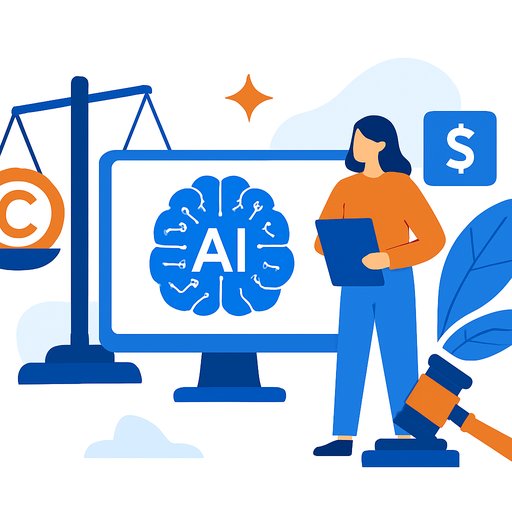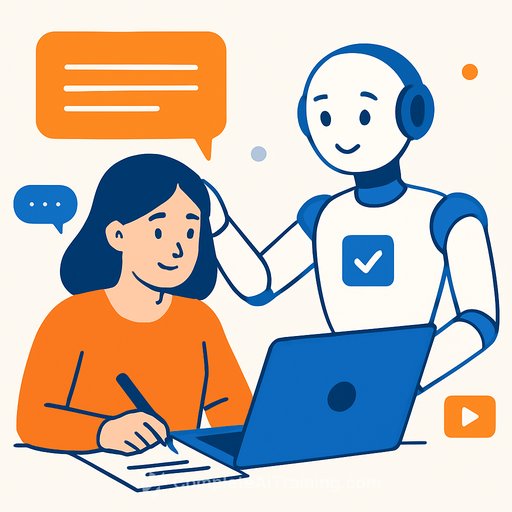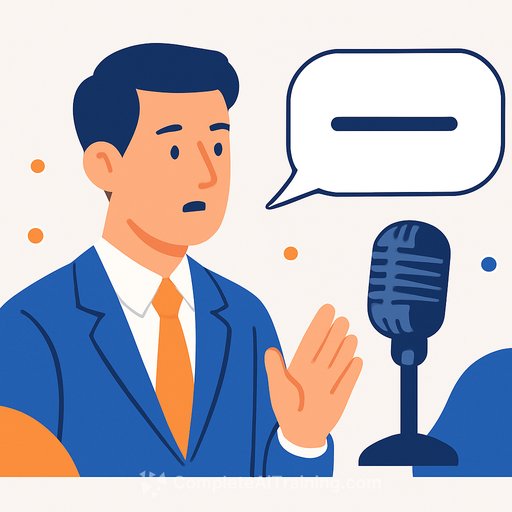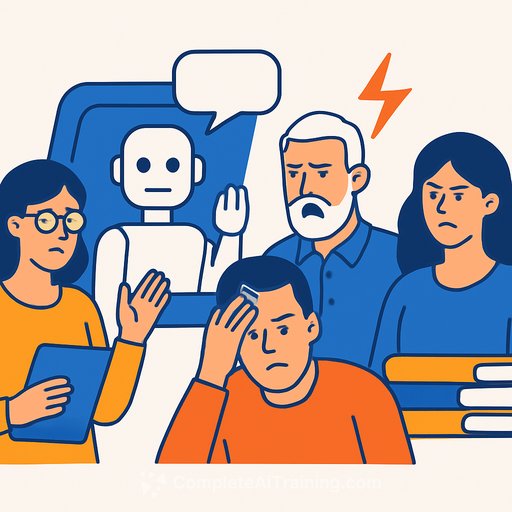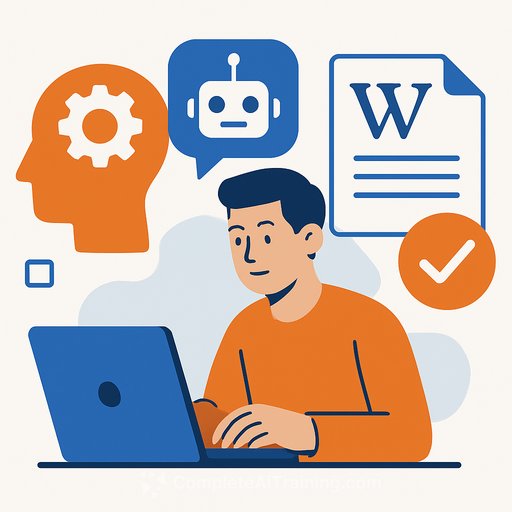AI vs. Authors: Why Copyright Lawsuits Are Just the Beginning
Generative AI can draft a paragraph, sketch a scene, or riff in your voice in seconds. That speed is built on training data pulled from books, articles, and art-often without a yes, a no, or a check in the mail.
For writers, this isn't just a tech story. It's about control over your work, your income, and what originality means when machines can mimic your style at scale.
How Generative AI Uses Copyrighted Content
LLMs and image models learn by analyzing enormous datasets: books, news, websites, academic papers, lyrics, and artwork. Examples like Books3, The Pile, and Common Crawl-often called shadow libraries-have been linked to training pipelines.
Developers say this learning is lawful under fair use, arguing the process is transformative. Many writers counter that it's industrial-scale scraping that exploits creative work, replicates style, and erodes markets without consent or compensation.
Major AI Copyright Lawsuits and Why They Matter
Courts have moved past theory into enforcement. The trend: judges want concrete proof of copying, not just broad claims about datasets.
Tremblay v. OpenAI
Novelists alleged their books were used to train ChatGPT and that summaries proved infringement. In March 2024, most claims-including DMCA and unjust enrichment-were dismissed for lack of specific copied passages. A narrow direct infringement claim remains, hinging on substantial similarity.
Authors Guild v. OpenAI and Microsoft
A class action accused the companies of copying millions of books, often from pirate sites, and warned of market substitution. The case is active and closely watched for how courts weigh training practices against authors' economic rights.
Bartz v. Anthropic
Authors argued Anthropic trained on pirated datasets like Books3, LibGen, and Pirate Library Mirror. In June 2025, the court signaled that training on legally obtained books may lean toward fair use, while training on pirated books does not. In September 2025, Anthropic agreed to a $1.5B settlement covering about 500,000 works.
Andersen v. Stability AI
Artists sued Stability AI, Midjourney, and DeviantArt for copying millions of images to train models and for style appropriation. In August 2024, the court dismissed DMCA claims but allowed direct infringement and inducement to proceed. The case continues.
Bottom line for writers: courts are carving rules case by case. Proof of specific copying matters, and the source of training data (licensed vs. pirated) is becoming a key fault line.
The Gray Area: Is AI Training Fair Use?
Fair use was built for human-scale reference, critique, and research. Training an AI involves wholesale copying and pattern extraction across millions of works, which tests old rules in new ways.
- Purpose and character: Is the use truly transformative, or scaled copying?
- Nature of the work: Highly creative works get stronger protection than factual ones.
- Amount and substantiality: How much is used-and does it take the "heart" of the work?
- Market effect: Does AI output substitute for the original or harm its value?
If AI can replicate a writer's voice well enough to replace paid commissions, arguments about "just learning" weaken. Expect courts to probe market harm and direct similarity more aggressively.
Ethics and Global Pressures
There's a moral question behind the lawsuits: should companies use your work to teach machines without consent or pay? For many writers, the answer is simple-no. The real debate is about practical enforcement and fair compensation.
Policy is moving too. The EU AI Act pushes transparency around training data. The UK is weighing text and data mining exceptions. Japan favors broader data use to speed innovation. India's media is challenging AI use of news content. There's no single global standard yet.
What Writers Can Do Right Now
- Register your copyrights. It strengthens your position in disputes.
- Use opt-out tools where available and apply robots.txt or meta tags to limit scraping of your site.
- Track usage. Set up alerts for unique phrases and character names to spot AI-style mimicry.
- Join professional groups that are litigating or lobbying for fair terms.
- Update contracts to ban AI training on your work without explicit permission and payment.
- Consider watermarking and attribution tags for digital content to support audits and claims.
- Price your style. If you're open to licensing, set clear terms, scope, and fees.
If you want to explore tools that help you write faster without giving away control, see curated AI tools for copywriting or browse AI courses by job.
What's Next: Transparency, Opt-Outs, and Licensing
Expect more rules that require model developers to disclose training sources. Opt-out systems are gaining traction, along with registries to record permissions and track usage.
Licensing platforms-similar to music-could pay creators for training access. Tech solutions like attribution tagging, watermarking, and blockchain audits can support transparency and enforcement. None of this is perfect, but it's movement toward consent and compensation at scale.
The Bottom Line
AI won't stop learning from text. The real question is whether it learns on fair terms. Writers need clarity, consent, and compensation baked into the process-not as an afterthought.
Courts are setting early guardrails, but policy and industry standards will decide the day-to-day reality. Push for transparency, keep your rights in order, and use AI on your terms. That's how you protect your voice-and keep it valuable in a machine-heavy future.
Your membership also unlocks:

